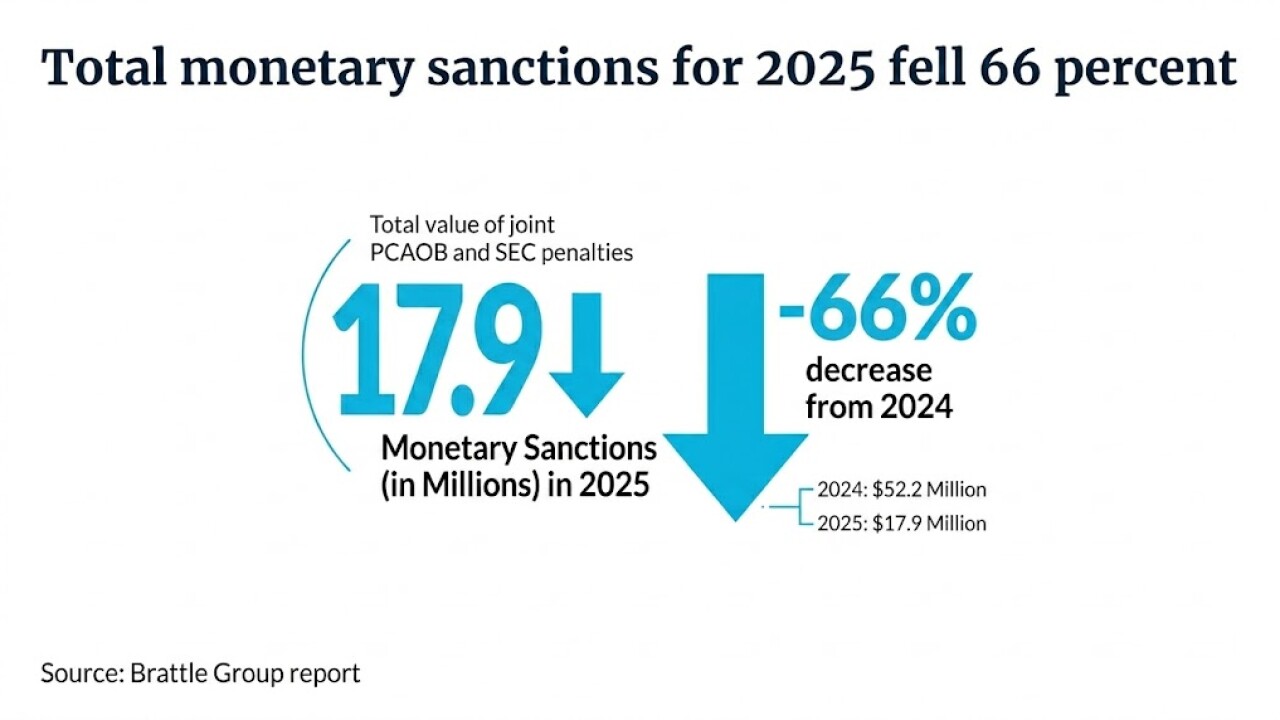The so-called “sharing economy” isn’t doing such a good job of disseminating the necessary tax information with its participants.
A
The study, by Caroline Bruckner, managing director of the Kogod Tax Policy Center at American University in Washington, D.C., noted that more than 2.5 million U.S. taxpayers participate in such on-demand services as small business owners every year, while millions more are expected to join their ranks over the next decade. The researchers surveyed 40,000 members of the National Association for the Self-Employed and received 518 responses from people who work with services in the sharing economy, also known as the “gig economy” and the “on-demand platform economy.”
The findings are eye opening. Approximately 69 percent of the survey respondents said they did not receive any tax guidance from the sharing-economy company. In addition, 61 percent said they did not receive either a Form 1099-MISC or Form 1099-K for their platform-related earnings, while 47 percent did not know about any tax deductions, expenses or credits that could be claimed related to their on-demand platform income.
On top of that, 43 percent said they were unaware how much they would owe in taxes and did not set aside money for taxes on that income. Meanwhile, 36 percent did not understand what records were needed for tax purposes for business income and the expenses generated from working with a sharing economy partner. Further, 34 percent did not know whether they were required to file quarterly estimated tax payments with the IRS on their income from the on-demand services.
Bruckner
The committee held another hearing on the sharing economy on Thursday where National Taxpayer Advocate Nina Olson
“These results demonstrate both the need for guidance from the IRS and the opportunity to create a culture of tax compliance among participants in the sharing economy from the outset,” she said. “In my 2013 Annual Report to Congress, I published a study detailing the factors that influence compliance in small business communities. The study found that the top two factors influencing compliance are taxpayer service and social norms among the small business community. By providing targeted information to sharing economy participants, the IRS can both establish its taxpayer service presence and positively influence the norms in the community.”
The IRS’s tax regulations aren’t necessarily much help now, either. Bruckner’s report found the existing tax rules effectively create a $19,399 reporting gap—the difference between $20,000 and $601—that affects millions of taxpayers (the difference between the income thresholds triggering Forms 1099-K and 1099-MISC reporting), resulting in widespread confusion among taxpayers. Under the current tax rules, a platform company isn’t required to send a Form 1099-K or a Form 1099-MISC to the IRS for an entrepreneur who makes $18,000 through 189 different transactions—all of which are payment card transactions and are described as de minimis payments for the purposes of Form 1099-K. The current instructions for the Form 1099-MISC say, “Payments made with a credit card or payment card and certain other types of payments, including third party network transactions, must be reported on Form 1099-K...and are not subject to reporting on Form 1099-MISC.” Meanwhile, the Form 1099-K has its own 200-transaction/$20,000-income threshold for payments made through a credit card.
The average monthly income from active participation in sharing-economy services ranges from $533 to $314, according to Bruckner’s study, with higher amounts usually associated with working for labor-oriented services such as Uber, Handy and TaskRabbit as opposed to other services such as eBay and Airbnb, which she classifies as capitol platforms or sellers and accommodation providers. For many of the participants, the job is part-time. In 2015, more than 75 percent of Lyft drivers reported working less than 15 hours per week, while more than half of Uber drivers reported they worked less than 10 hours per week.
Bruckner’s survey found that among respondents with income from such work in 2015, 72 percent worked, on average, less than 10 hours a week with their on-demand platform company, while 92 percent of the respondents worked less than 20 hours per week. Of the respondents operating in this economy, 88 percent earned less than $15,000 in 2015. While some other studies have identified a core constituency of small business operators (ranging from 25 to 30 percent) who tend to work for on-demand platforms full-time and earn more, Bruckner’s study found that by and large the majority of individuals who work in this economy work 12 hours per week.
Related research from the National Association for the Self-Employed and the Kogod Tax Policy Center found that over 90 percent of the survey respondents said they use a tax professional or tax software to help prepare their taxes (see
As more Americans join sharing-economy services to supplement their income or provide them with an income, they will need to rely on their accountants to advise them about their tax obligations. Based on the findings from Bruckner’s report, they can’t necessarily count on the sharing-economy company to provide them with the necessary tax information. It will be up to the tax professionals to find the relevant figures to provide to the IRS to help their clients avoid back taxes, penalties and interest.





